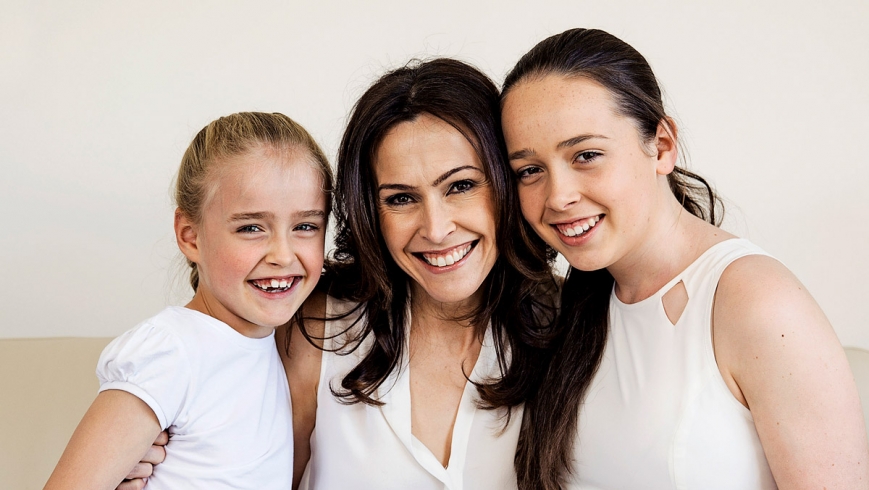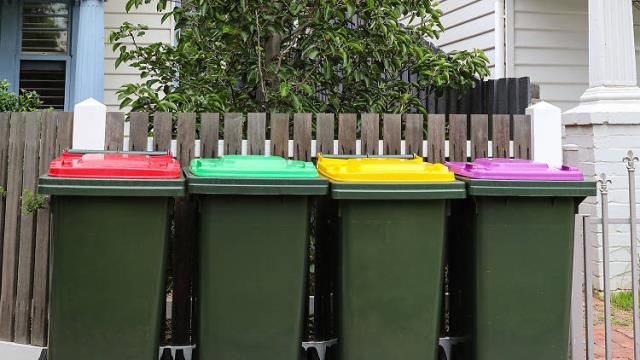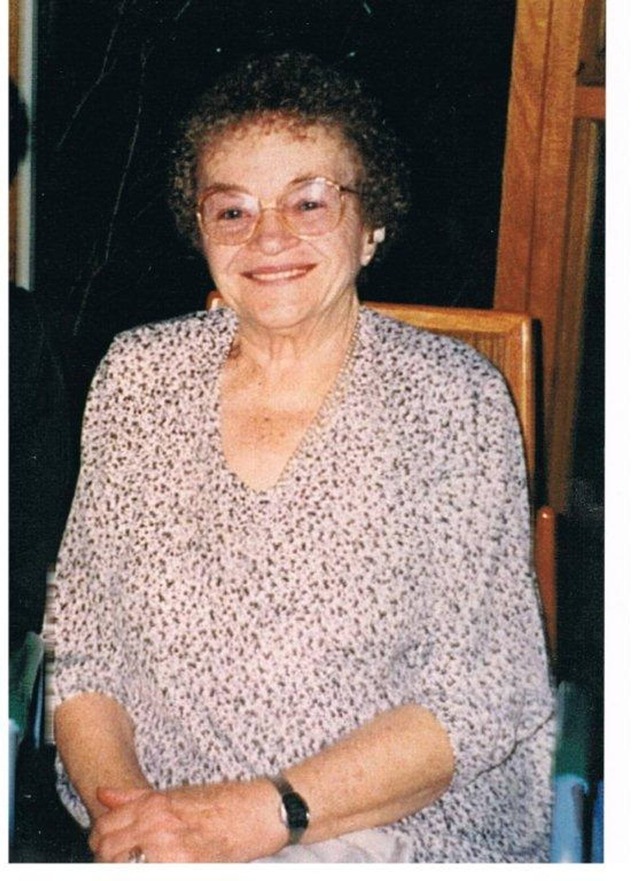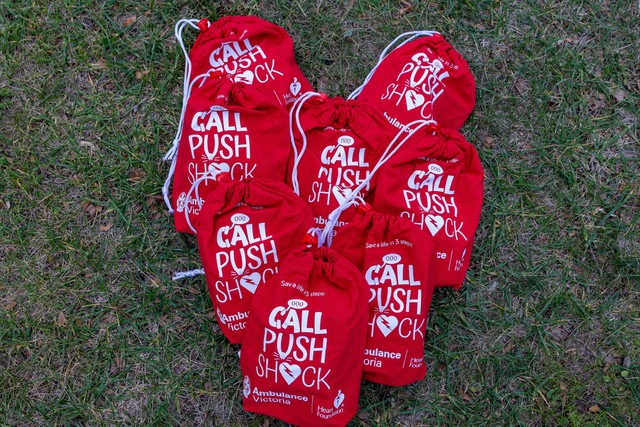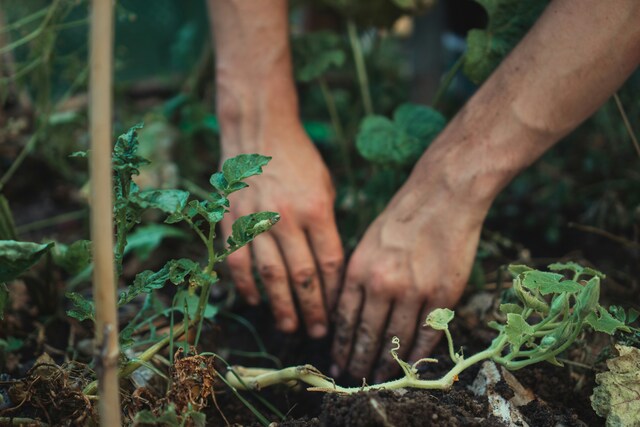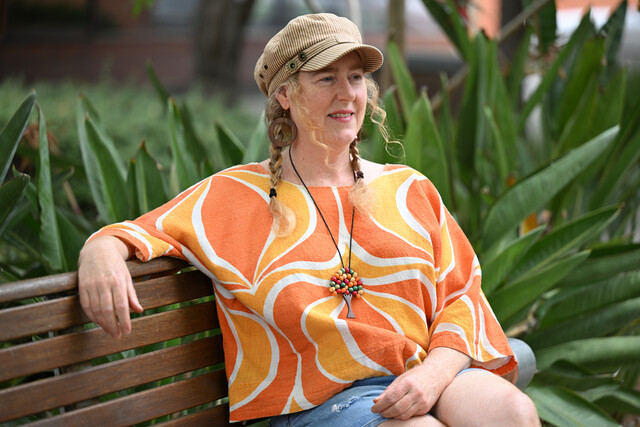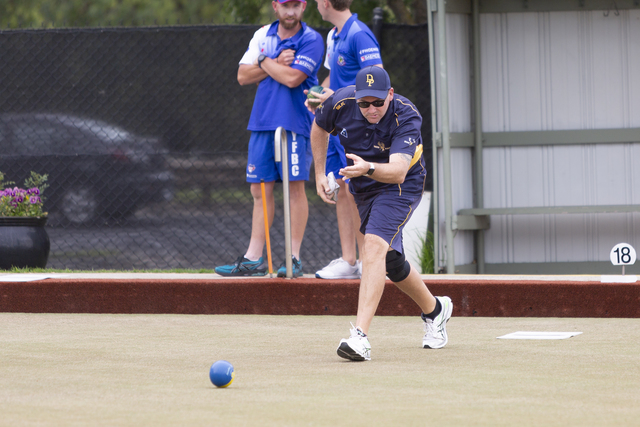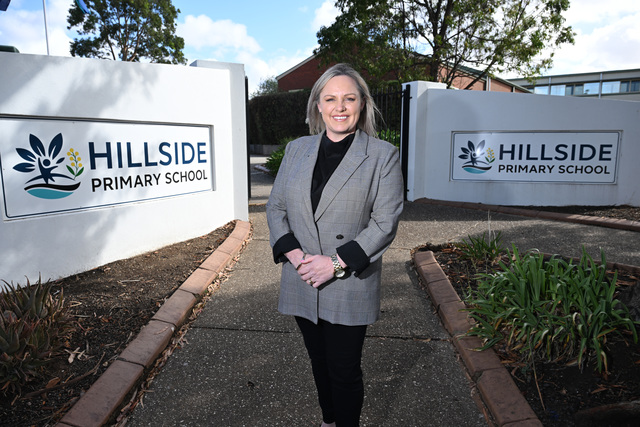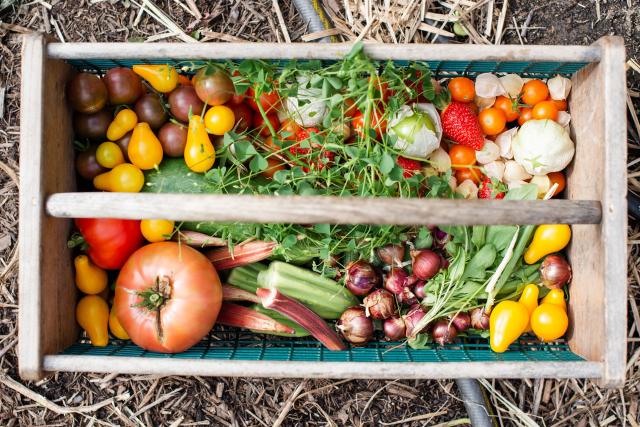When Di Wilcox works with teenage girls, she asks them to close their eyes and put their hand up if they have ever hated themselves or felt worthless or ugly. Without fail, every girl raises an arm. “It actually brings a tear to my eye because it just shows me how bad these girls feel about themselves,” Wilcox says.
After she tells them they are chasing unrealistic media-driven ideals, and that they are all unique and beautiful in their own way, the relief is palpable.
“Suddenly it opens their eyes to reality,” she says. “You look at the celebrities without make-up and they’re just like us.”
In a world where the self-esteem of young people has never been lower, Di Wilcox offers hope.
Bullied as a child for being the “smart nerdy kid”, the single mother of two has devoted her professional life to helping young people bombarded with negative messages and unrealistic role models realise that they are all equally worthy.
It’s a tough ask. Girls and boys are facing unprecedented pressures at a younger and younger age. The perceived need to be thin and sexy has never been greater, amplified by the pursuit of Facebook and Instagram “likes”.
At the same time, bullies have never had it easier with SMS, Facebook, Twitter and Instagram at their disposal. Research suggests two in three teenagers have experienced bullying or know of someone affected by bullying or online trolling.
Boys are also developing body-image issues. “Boys are more likely to start an excessive exercise regimen rather than a diet, but they also compare themselves to celebrities and their peers,” Wilcox says.
“Boys also aren’t out to get skinny; they want to bulk up. Over the last 30 years the ideal male physique has gained muscle and lost body fat. They too feel the pressure to look a particular way to meet societal expectations.”
As a result, young people’s self-esteem and resilience have taken a battering, with many turning to self-harm, self-loathing and even suicide attempts.
It’s a far cry from when Wilcox, 38, grew up. As a teenager, bullies shoved her off the bus for the crime of topping maths tests results. But once home she had until the next day to regroup and did not let it ruin her childhood. With the internet, bullying is 24/7.
“I think I am still a big kid at heart and I want kids today to have the opportunity to enjoy their childhood now as well,” Wilcox says. “We are forcing them to grow up way too fast.”
Today’s preteens live in a celebrity-obsessed culture that constantly tells them they are not good enough. They get the message on TV, computers, phones, toilet doors, billboards, magazines and newspapers.
As an educational facilitator, Perth-based Wilcox travels the country trying to turn this around. She holds workshops encouraging young people and other educators to think positively when it comes to body image, self-esteem, friendships and careers.
She also takes inspiration from daughters Carley, 15, and Ciaan, 7, who face all the challenges she researches. Wilcox, who has worked with young people for 17 years, knows of girls Ciaan’s age with eating disorders.
“I had a mother share with me that her three-year-old didn’t like the fat bits on her bottom,” she says.
“Most recently a teacher … was teaching her year 2 group about the five food groups. When she pointed to the bread group and asked the children what group this was a little girl replied, ‘That is the fat group. Mummy said if I eat too much of that I will be fat’!”
Wilcox’s “Loving my reflection” workshop focuses on self-esteem and discusses negative media messages, marketing, Photoshopping and airbrushing. Participants hear real stories about girls their age with eating disorders and who are dying of a serious illness.
“I want to take the girls’ focus off what is wrong with them and on what they have to be so grateful for,” Wilcox says.
“We do an exercise to look at all the amazing things our body can do. I do give the girls an explanation of signs and symptoms of eating disorders and how to support friends if they see any of these.”
The sessions also educate parents, who often don’t realise how their behaviour and talk influence girls and boys. Comments about children’s weight, however well intentioned, can have a profound impact, as can statements by mothers such as, “Does my bum look big in this?”
“Girls quickly get the message from their mums that, in life, an emphasis must be placed on weight in order to meet societal expectations,” Wilcox says. “Fathers also have a massive influence. When a father makes it obvious that his preference is for skinny, big-busted girls in midriff tops he is sending a message to his daughter.
“No matter how many times he tells his daughter that it doesn’t matter what body shape she has, if he is still picking up Playboy magazines or wolf-whistling at a particular type of girl, these are the messages their daughters are listening to from a very early age.”
Wilcox says that from day one parents should praise their child’s abilities rather than looks. “Encourage your daughters to keep a gratitude journal,” she says. “My seven-year-old keeps one and writes three things in it every day that she is grateful for.
“When watching television, including the advertisements, discuss what you are seeing and the reality of it. Explain to your young daughters that just because something is on television or in a magazine it doesn’t make it real or the truth.”
With children feeling pressure to conform from a younger and younger age, Wilcox has written her first book, Beneath You’re Beautiful, a simple but powerful take on body image that encourages girls to treasure their childhoods.
Gorgeously Illustrated by English-born artist Eve Young, the book starts a positive conversation about body image and tells girls aged from five to 12 that it is not how they look that will make a difference but their unique abilities and care for others.
Endorsed by psychologists and educational specialists, it has classroom activities for teachers and a workshop parents can do with their daughters explaining Photoshopping, listing eating disorder signs and describing how to promote physical and mental health.
Parents are also reminded that they are their daughters’ main role models.
With boys facing similar issues, Wilcox, a former teacher with a bachelor of social science degree in women’s and children’s studies and a diploma of education, is planning workshops and a book for them.
Some are so desperate to bulk up they take steroids. “Boys are trying to fit a mould as much as girls and they feel inadequate,” she says. “They get bullied for their looks as much as girls.”
Wilcox is also ambassador for the Inside Out Program, run by prestigious Perth girls’ school Perth College, and is national ambassador for the anti-bullying organisation Angels Goal. This year she won the Momentum Forum most-inspiring-woman-of-the-year award. Next year she will present workshops at schools in Singapore and London.
Wilcox is happy to travel to Melbourne for workshops and will launch Beneath You’re Beautiful at the Metro Gallery in Armadale on November 17 from 2-4pm. Her work has clearly struck a chord, with a big crowd expected.
Self-esteem is a huge issue and more schools are developing programs to boost it. Ivanhoe Girls’ Grammar School recently held a wellness week to boost protective factors such as connectedness and resilience. It also has a core pastoral-care program. The week had daily themes of resilience, communication, fun and celebration, thoughtfulness and gratitude and relationships. In every class, staff and students completed activities based on those themes.
Students recorded their thoughts, joined concerts, games and lunchtime activities, made friendship pledges and entered a photography competition. On Wacky Wednesday staff and students dressed up and had a kids’ birthday party with pass-the-parcel and piñatas.
The school’s head of counselling, Dr Bridget McPherson, said the week was a phenomenal success in promoting awareness, resilience and an understanding of students’ own well-being and that of others. Parents also attended a preventative seminar.
Wilcox wants to see more such programs for girls and boys as the problems they face are universal. She says parents also need to be educated about their crucial role in developing resilience through love and discipline.
“I’ve had mothers who say, ‘But I’m trying to be her friend so she’ll listen to me’,” says Wilcox. “We do need to go back a little bit to those traditional beliefs and values. Once we do teach that I do believe we’ll see a change.”
After workshop participants admit their self-loathing, Wilcox reassures them that they are not alone and asks them to pen positive comments about each other on a poster. By the end of the session they feel much better about themselves.
“It’s all about embracing who you are and being the best version of you,” Wilcox says. “There is hope.”

